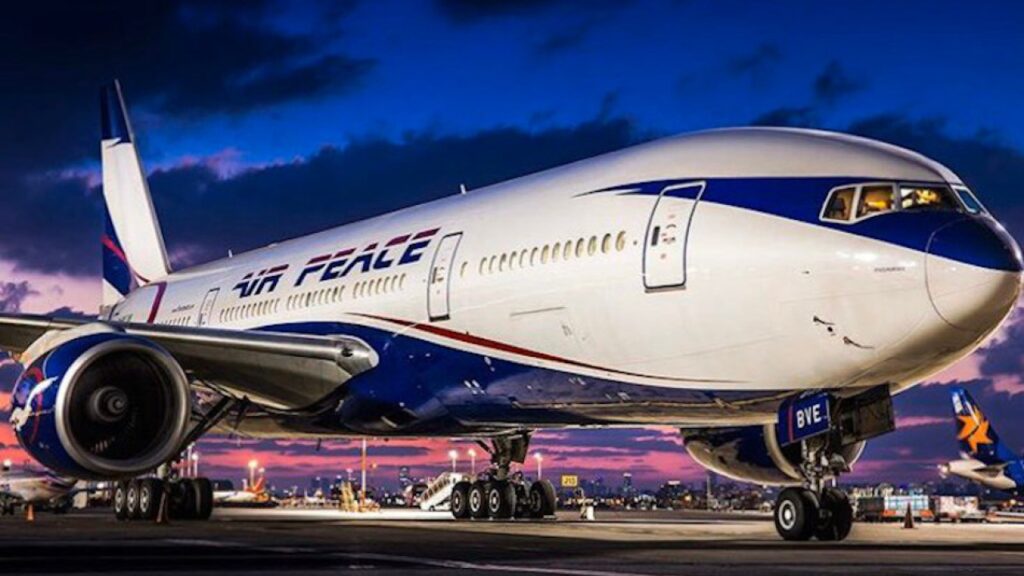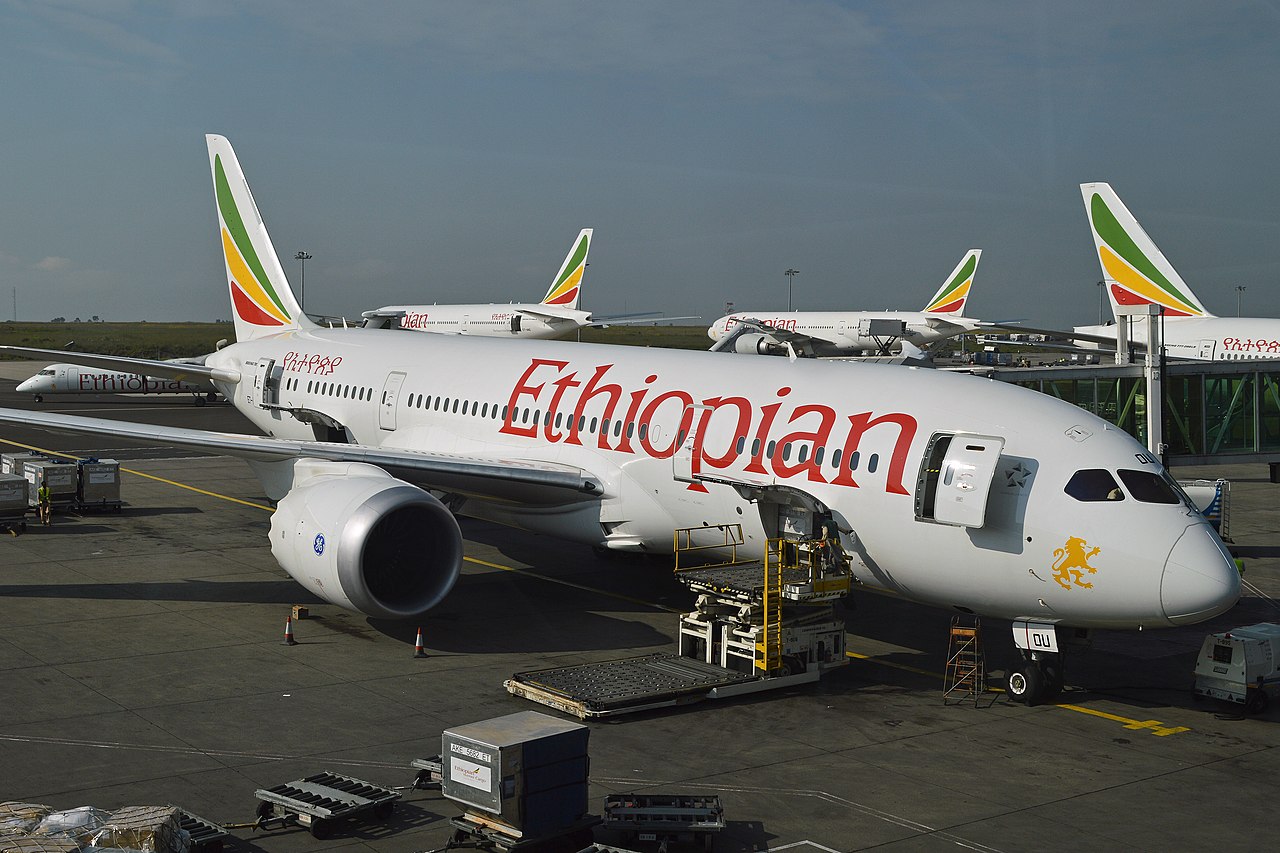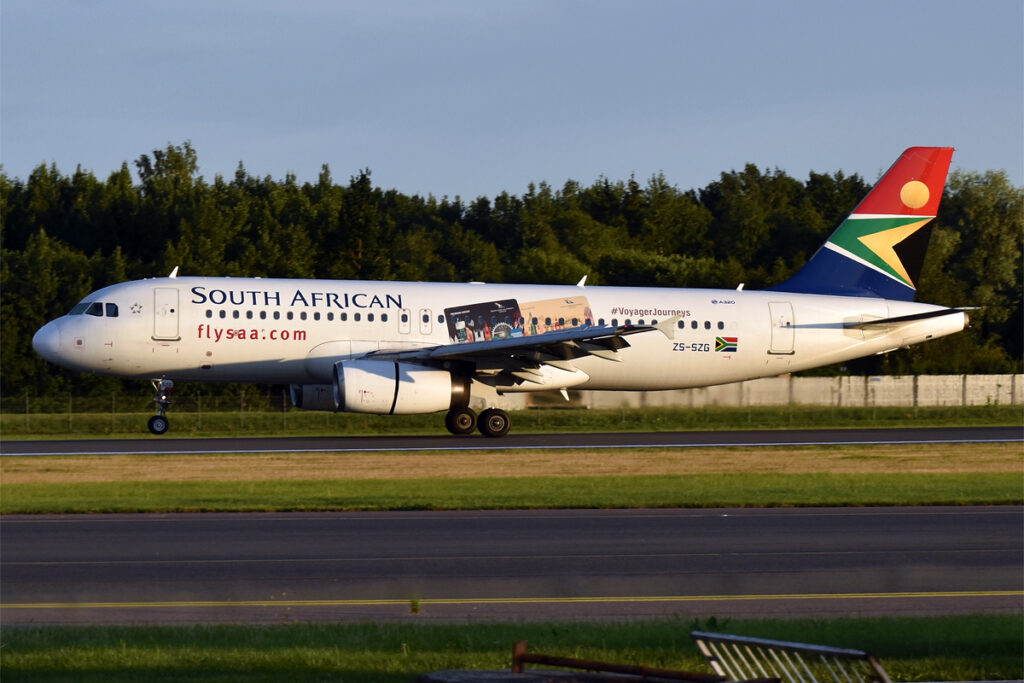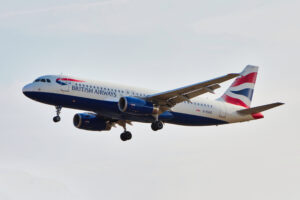The AFRAA states that Africa has a significant landmass and a large percentage of the world population but only accounts for 2% of global trade.
It, therefore, promotes the continent as “an excellent opportunity to develop air transport.” Africa only accounts for 3% of the world market share of air transport.
It is also holding its 11th Aviation Stakeholders Convention with a drive to “take action to change this narrative.” The convention is being hosted by Ethiopian Airlines – Africa’s largest airline by most key factors.
Mr Abdérahmane Berthé, the AFRAA General Secretary, said, “AFRAA and Ethiopian Airlines are excited to stage this Convention… to meet, deliberate on strategies to enhance efficiencies, create synergies, develop intra-Africa connectivity, ensure business continuity that will redefine the narrative of Africa air transport industry.”
The event will welcome over 400 delegates from Africa and worldwide to hold dialogue and exchange knowledge and experiences for the development of Africa’s air transport ecosystem.
Mr Mesfin Bekele, Group CEO of Ethiopian Airlines said, “The forum will showcase the ‘Africa Rising’ mantra manifested in the growing opportunities for all stakeholders in the continent’s aviation industry.”

Improving the Finances
With the increase in traffic, the AFRAA has advised 2023 is seeing a “narrowing” of the revenue gaps of airlines compared to the previous year.
For the first quarter of 2023, Africa’s airlines were below the revenue levels seen in the same period in 2019 by 0.3 billion USD. The association expects this to reduce further to 0.2 billion USD in the second quarter.
Estimates for full-year revenue gaps are not yet available however 2023 is expected to perform better than the previous year which saw a 3.5 billion USD loss for all African airlines.
To support continued recovery and air transport growth, it is providing advocacy on airline-blocked funds.
Nigeria currently has 743 million USD of airline-blocked funds, according to the AFRAA, and is currently ranked the second highest in the world for airline-blocked funds, after Venezuela.

The AFRAA states its survey indicated three of its member airlines have approximately 44.2 million USD blocked in Nigeria. These member airlines also have a reported total of 88.9 million USD blocked in 12 African countries at the end of 2022.
Non-African airlines are also affected. Emirates publically withdrew from Nigeria last year due to this issue citing the requirement to mitigate losses in revenue.
Berthé said, “It is unacceptable for some States to hold on to airline-generated revenues that is badly needed to cover operating costs and yet expect operations to continue undisrupted. The longer these funds are held, the bigger the financial burden these States impose on airlines supporting air connectivity and economic activities in these countries.”
The AFRAA states countries with blocked funds, at the end of last year, including Algeria, Libya, Cameroon, The Central African Republic, Ethiopia, Eritrea, Equatorial Guinea, Guinea Conakry, Burundi, Malawi, Sierra Leone, Zambia and Zimbabwe.



No comments:
Post a Comment